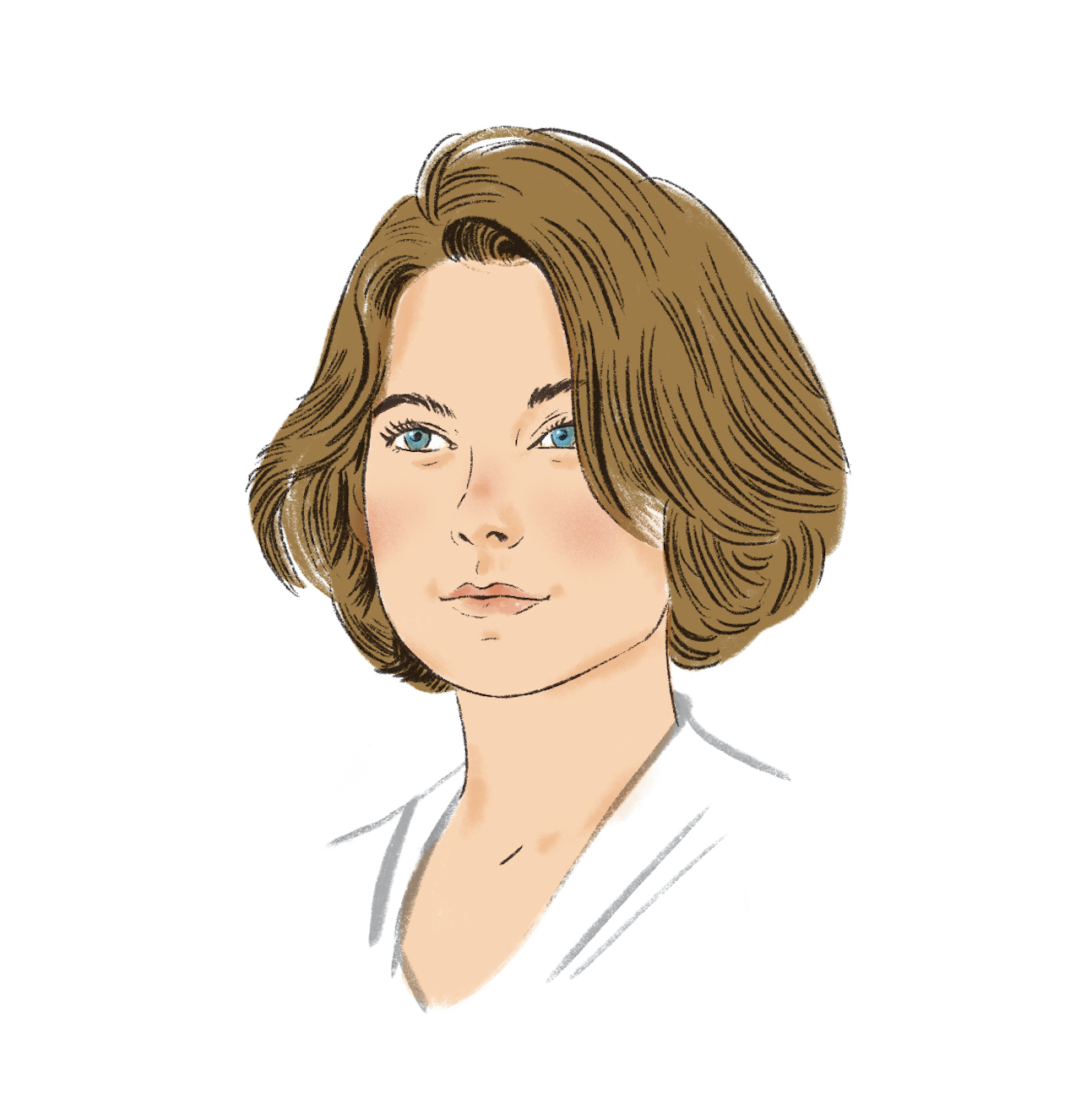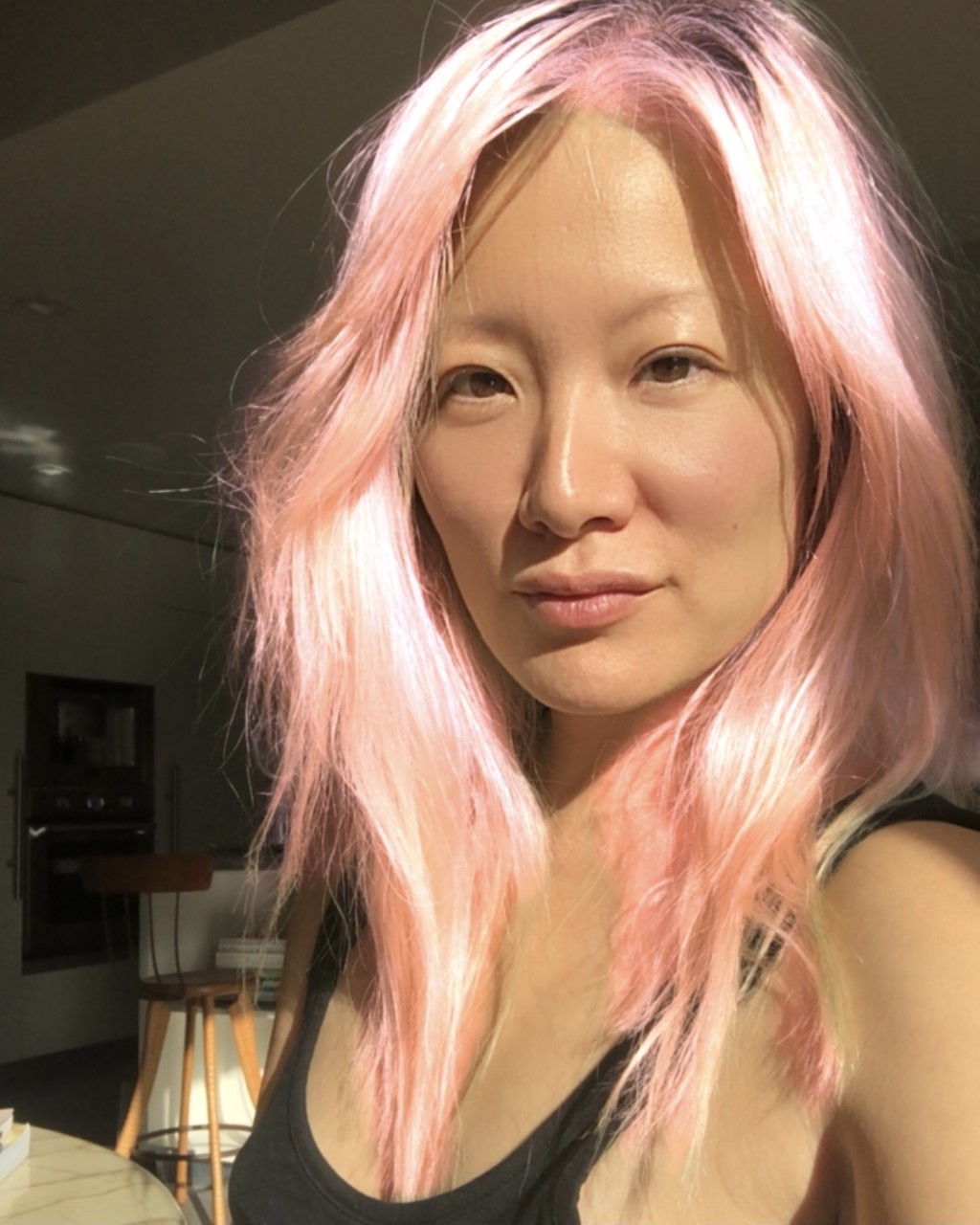

Every issue, GRAZIA USA highlights Game Changers, who inspire, educate, and celebrate individuality, beauty, and style. Meet model, writer, and advocate, Bri Scalesse.
I’ve been a wheelchair user since I was in a car accident at 6 years old. I was always into fashion and when I was 11, I fell in love with the idea of modeling because I was watching Project Runwayand America’s Next Top Model. I saw women being empowered in their own bodies and representing their communities, but I didn’t see anybody in a wheelchair on TV, in movies, and definitely not in fashion. I didn’t see anyone who looked like me and I wanted to feel seen, important, and beautiful.
My family didn’t know how to encourage my modeling dreams because they had never seen it, either. My grandmother raised me and she’s very tough and practical. Her dream was always for her granddaughters to go to college because she didn’t have the opportunity. Modeling wasn’t something practical or realistic, but writing was.
I find writing similar to modeling, in that I can represent my experience as a woman in a wheelchair. I can advocate for my community. I applied to the MFA program in nonfiction writing at Columbia University and was so excited to be accepted and to move to New York City.
A year into living in New York, I was contacted by the designer for Ffora, a wheelchair accessory and bag company. She asked me to model for the launch of her company and it was the most incredible experience to be on set with other disabled people like Jillian Mercado, who’s the matriarch of wheelchair models. Khrystyana, a contestant on ANTM and a body-positive activist, was also there.
From the connections I made that day, I started getting more modeling jobs. My first runway show was for the brand THEIA for the New York Bridal Show. Then I did the final collection for a designer on Project Runway!
People underestimate how important it is to see a version of yourself on screen. It is important that I exist. The beginning of my advocacy was about validating the existence of disabled people. We are a meaningful part of society and we deserve to be a part of fashion and have beauty standards. We are valuable consumers with money to spend.I’ve since stretched into love and sex advocacy for women with disabilities. As a young person, I didn’t know if I could ever find someone to love me in the body I’m in. There are no representations of love relationships of people like me on television, showing me that I deserve to be loved and that I can find love.
I’m also working on the issue of airlines damaging wheelchairs. It happened to one of my best friends and six weeks later, it happened to me! I’ve learned that airlines lose or damage about 29 wheelchairs a day. Our wheelchairs are an extension of our bodies; they are custom-made for our bodies. They’re our freedom and our partners in movement and to have them treated like luggage… it’s like our legs have been broken on a flight.
Something that is so important is for people to know that disabled people live full, important lives. Disability doesn’t take away from our lives and our experiences. We are so full of love and joy, and my community is absolutely incredible.
I am tired of hearing, “It’s so sad to see a beautiful woman in a wheelchair.” I am beautiful with my wheelchair. I don’t want to be extricated from my disability. It’s a part of me and I want it to be celebrated.














